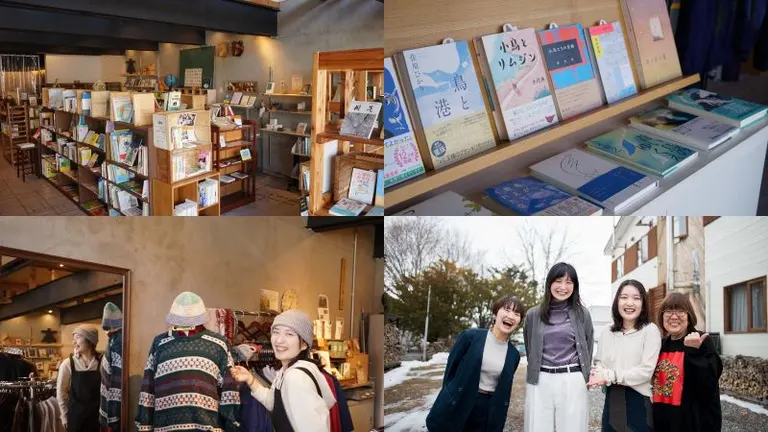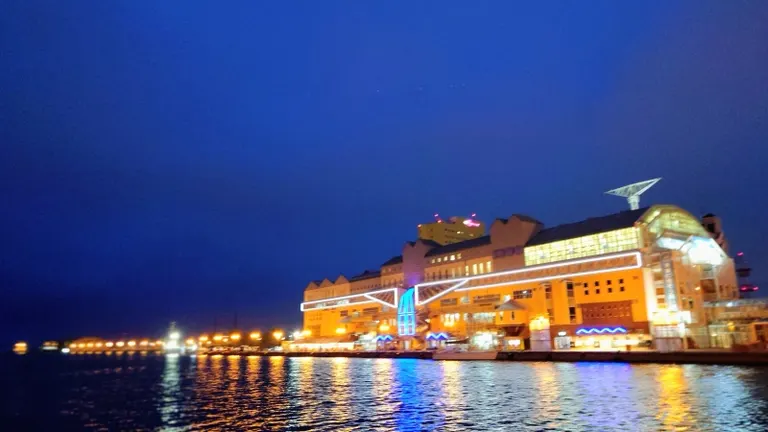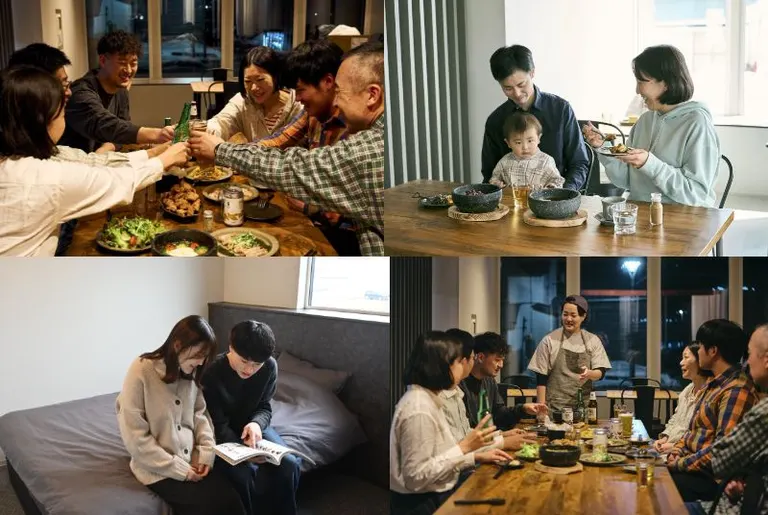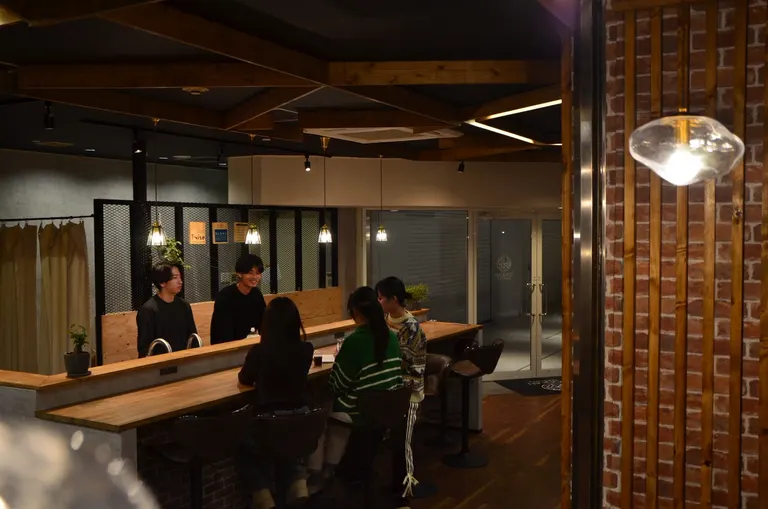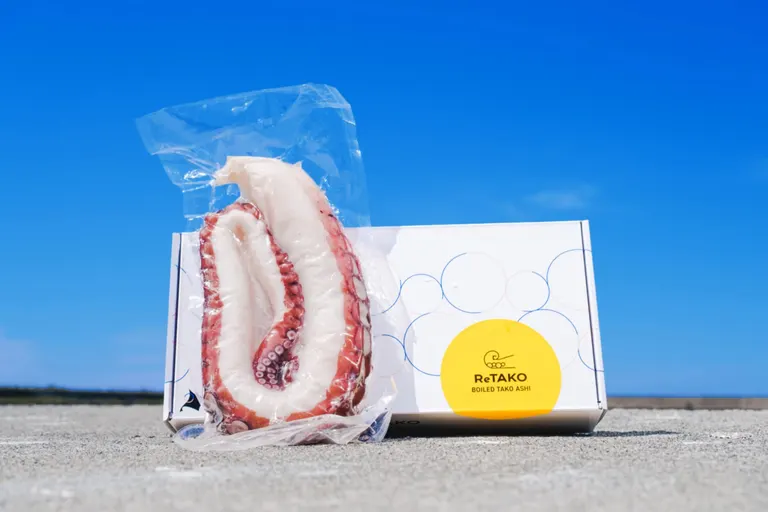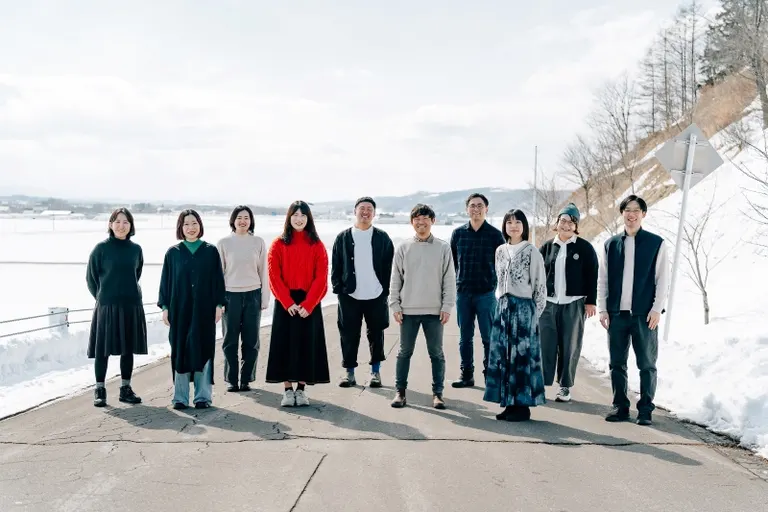
ARTICLES
We want to be conscious of the blessings from our region. The 'Local Secretariat' role that Dot Dōtō arrived at upon its 5th anniversary.
"To live joyfully in the place you've chosen to call home." This is the vision that led to the establishment of the General Incorporated Association 'Dot Doto' in the Doto area of eastern Hokkaido. Since its founding in 2019, the organization has been launching one project after another, involving a wide range of people. Their initiatives include events inviting active professionals from all over Japan to Doto, the creation of a guidebook that raised 3.4 million yen through crowdfunding, and the operation of a job information media in partnership with local companies and municipalities.
How did Dot Doto come to be, and where is it headed? On the occasion of its fifth anniversary, we spoke with founding members Takuro Nakanishi and Issei Nozawa.
Takuro Nakanishi
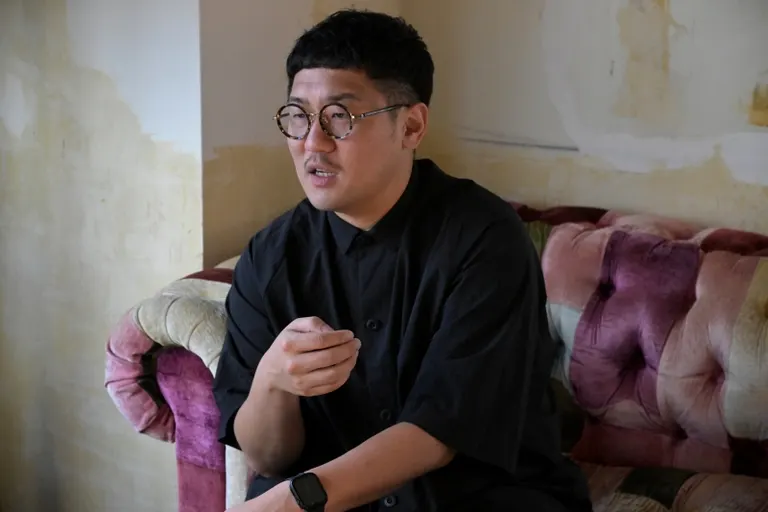
Born in 1988 in Kitami City, Hokkaido. Representative Director of the General Incorporated Association Dot Doto. In 2012, he returned to his hometown of Kitami. As a freelancer, he has been involved in a wide range of work connecting the Doto region, including managing, editing, and producing local media. In May 2019, with the vision of "making Doto a place where ideals can be realized," he established the General Incorporated Association Dot Doto, a social venture based in the Doto region of eastern Hokkaido, where he currently serves.
Issei Nozawa
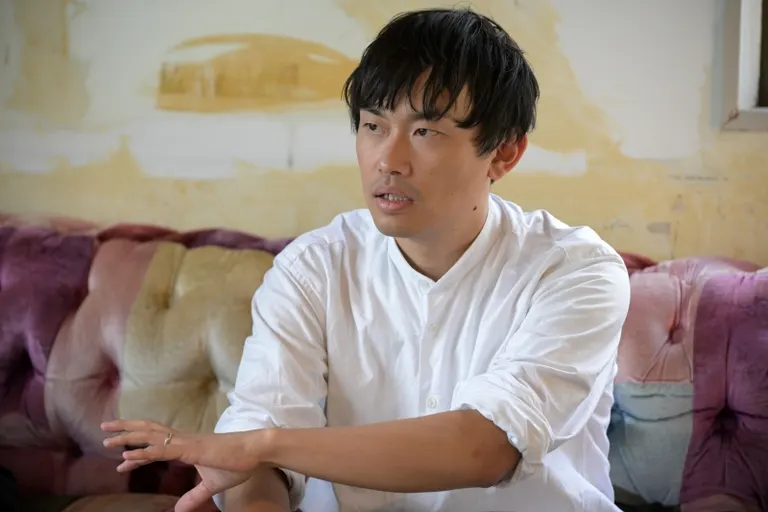
Born in 1988 in Kyoto City, Kyoto Prefecture. After graduating from university, he joined SoftBank Corp. in 2011. Soon after joining, he was transferred to Sapporo, starting his life in Hokkaido. He worked in corporate sales for IT distribution for five years. In 2016, he changed jobs and moved to the Tokachi region, where he was responsible for launching the Hokkaido branch of a business focused on talent acquisition, recruitment PR, and relocation support in the agricultural sector. Inspired by a blog he started after moving to Tokachi, he began taking on side projects such as writing about local information, photography and videography, and coordinating internships. In 2020, he became a full-time member of Dot Doto.
.doto Began with a Call for Help
――Congratulations on the 5th anniversary of .doto's founding. Today, I'd like to look back on your journey, discuss how you've both changed through your activities, and hear about your future prospects. Thank you for your time.
Nakanishi & Nozawa: Thank you for having us.
――First, could you tell us about how it all started? How did .doto come to be?
Nakanishi: The first project the founding members of .doto did together was an event in March 2018 called "The Great Doto Invitation Project." At the time, I was making a magazine called '1988' in Kitami, and Kakijiro Tokutani, the editor-in-chief of the web media outlet Jimokoro, was coming to Doto with some acquaintances. Through our exchanges on social media, I ended up being the one to guide these creators and entrepreneurs who are active all over the country.
So it didn't start with a feeling of "Let's all plan an event together!" but more like, "Some amazing people are coming! I can't handle this alone, help me!" That's how I started reaching out to people around me (laughs).
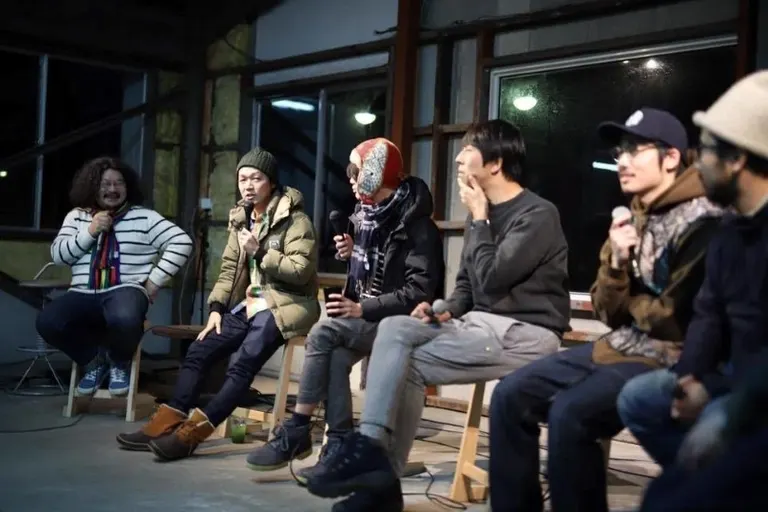
"The Great Doto Invitation Project" held in March 2018
Nakanishi: The people I reached out to then were active in Kushiro and Tokachi. Including my own area of Okhotsk, we decided to use crowdfunding and invite the guests to the region that raised the most money.
Nozawa: I saw on social media when that crowdfunding campaign started. At the time, I was working for an agricultural job site in Tokachi, and I knew all the members who were planning the event, including Takuro (Nakanishi).
Then, one of the planning members contacted me right away, asking me to help with PR for Tokachi in the crowdfunding campaign. I thought it sounded like a fun project and wanted to be involved, so I jumped at the chance to help, thinking, "Alright!"
――What was it about the project that made you want to get involved?
Nozawa: At the time, I didn't know any of the guests. So I very clearly remember thinking, "I wonder who they're inviting." But as I watched the reaction on social media, I realized they were some pretty amazing people. I thought I'd better get involved (laughs). It really started out like that. From then on, I started helping out every time Takuro and the others held an event.
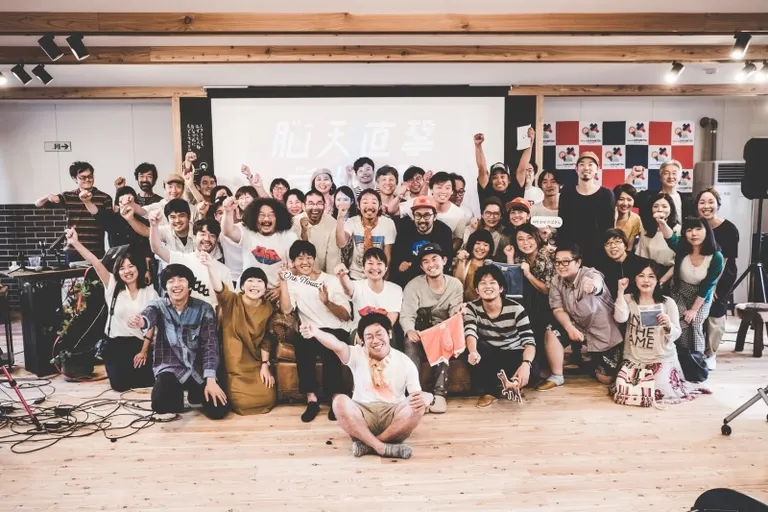
The "Brain-Buster School" event held in August 2018
Nakanishi: We intended for "The Great Doto Invitation Project" to be a one-off event, but the response was quite large, and the planning members started getting invited to other events and receiving work inquiries. However, since we were just a group of sole proprietors, it was a bit difficult to manage. After discussing it among the four core members, we decided to create an organization to serve as a platform. The idea for the company came about around November 2018, and I think we told everyone, including Nozawa, in January 2019.
――So, Mr. Nozawa, you weren't one of those four people, right?
Nozawa: That's right. I often went to help with events, but I wasn't part of the planning meetings. I kind of saw myself as the 4.5th member.
Nakanishi: We had a few friends like that who would help out with each event, so when we decided to form an organization, we asked everyone, "We're creating a platform for Doto and plan to do a lot of things. Is anyone interested in joining?" That's when Shige (Issei Nozawa) said he wanted to commit fully.
Nozawa: I was the only one (laughs). They asked, "We're creating a general incorporated association, does anyone want to be a board member?" and I immediately said, "I'm in."
Nakanishi: And so, the five of us, including Shige, launched .doto. That said, it wasn't like we had a constant stream of work, so we all continued our individual jobs and collaborated on projects that came to .doto.
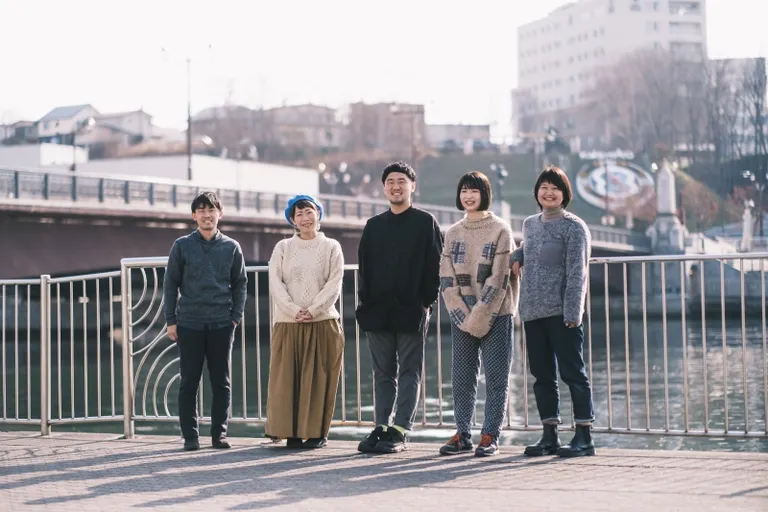
The founding board members. From left: Issei Nozawa, Chihiro Nazuka, Takuro Nakanishi, Kashiko Sudo, and Asami Jinguji
Nozawa: It wasn't like we had daily meetings or received a fixed salary. I was still a company employee, just working on a project-by-project basis. I think I started getting a proper salary from .doto after we published '.doto' (the unofficial Doto guidebook produced by .doto).






